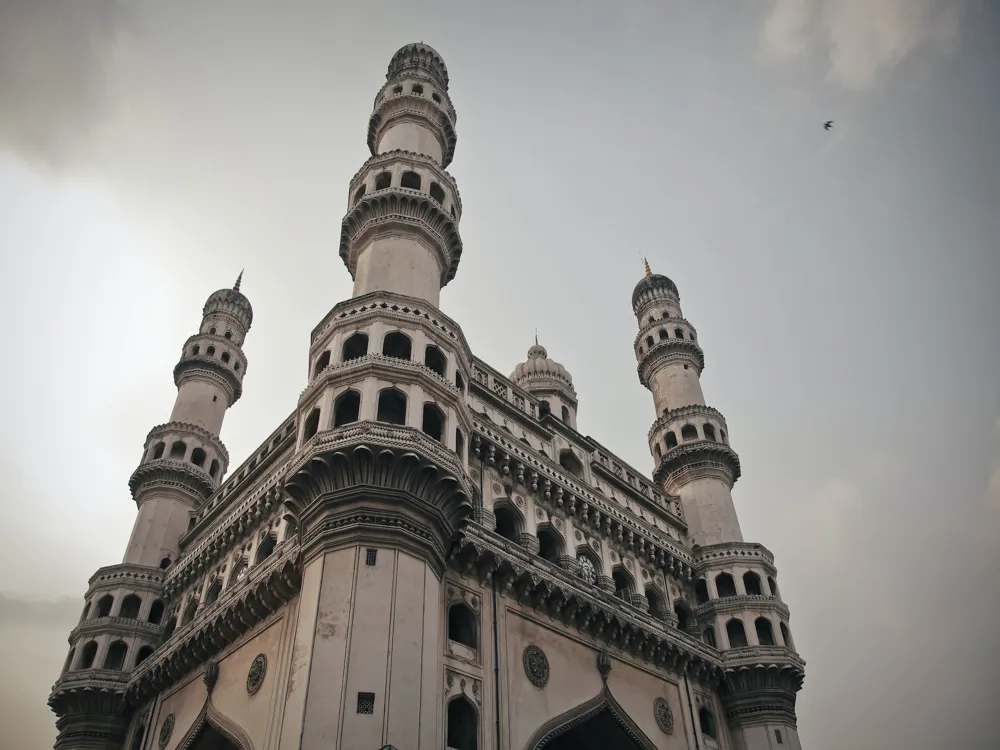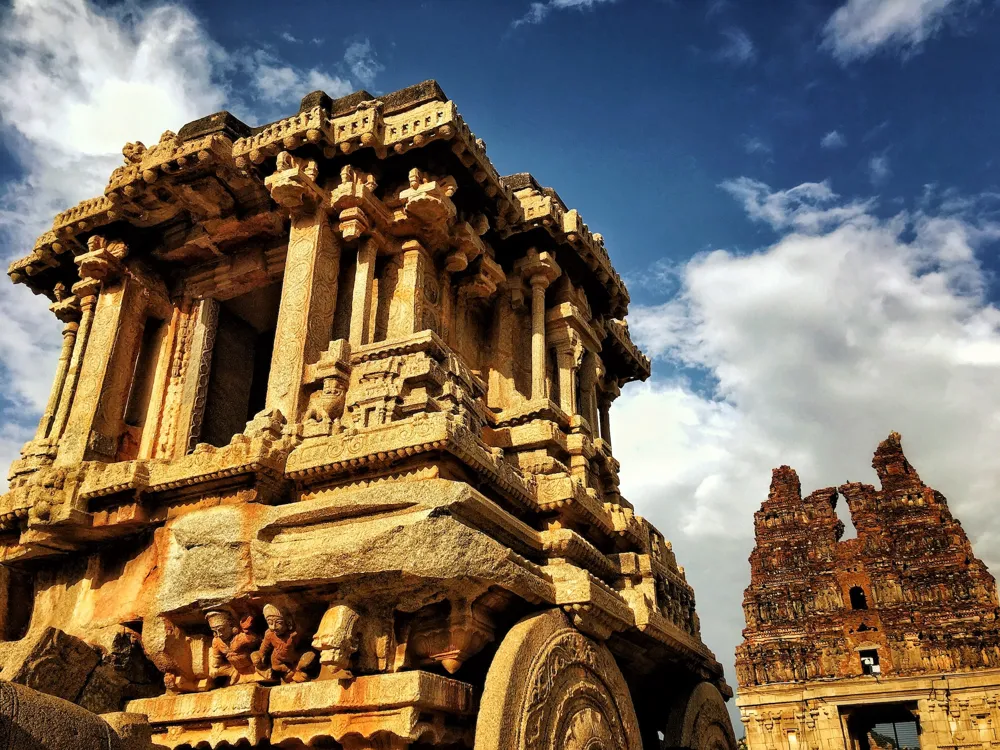Adilabad, a city in the northern region of Telangana, India, boasts a rich tapestry of history, culture, and natural beauty. Known as the 'Gateway to South India', Adilabad offers a unique blend of various cultures, owing to its geographical location near the central and southern parts of India. This vibrant city is surrounded by dense forests, rivers, and picturesque landscapes, making it an enchanting destination for travelers. The history of Adilabad is deeply entwined with the many dynasties that ruled over the region, including the Mauryas, Chalukyas, and the Mughals, each leaving an indelible mark on the city’s culture and architecture. The city's name itself is derived from Adil Shah, a ruler of the Bijapur Sultanate, reflecting its historical significance. Adilabad is not just a cultural hub but also an economic center, known for its thriving cotton mills and agricultural prowess, mainly cotton and soybean production. Adilabad's diverse population comprises people from various cultures and religions, contributing to its rich cultural tapestry. The local festivals, cuisine, and art forms are a testament to this cultural amalgamation. The city is also known for its lush greenery, encompassing dense forests that are home to a variety of flora and fauna, making it a haven for nature enthusiasts and wildlife lovers. The city's charm isn't just limited to its cultural and natural beauty; Adilabad is rapidly developing, embracing modernity while preserving its historical and cultural heritage. This unique combination of the old and the new makes Adilabad a must-visit destination for those seeking to experience the essence of India's diverse cultural heritage. The architecture of Adilabad is a vivid reflection of its rich and diverse historical heritage. The city's buildings are an eclectic mix of various architectural styles, influenced by the numerous dynasties that have ruled the region. This blend of architectural designs gives Adilabad its unique character, making it a fascinating destination for architecture enthusiasts and history buffs alike. One of the most notable architectural features of Adilabad is the use of locally sourced materials, such as sandstone and granite, in its construction. This not only adds to the aesthetic appeal of the buildings but also reflects the city's connection with its natural surroundings. The intricate carvings and detailed work on temples and historical buildings showcase the craftsmanship and artistic skills of the local artisans. The religious architecture in Adilabad, including temples, mosques, and churches, highlights the city's religious diversity. Temples in Adilabad, such as the Basar Saraswathi Temple, feature typical South Indian architectural elements like towering gopurams (temple towers) and intricately carved mandapas (pillared halls). On the other hand, the mosques, influenced by Islamic architecture, display elegant domes and minarets, showcasing the Islamic influence on the region's architecture. Apart from religious structures, Adilabad is home to several forts and palaces, remnants of its regal past. These historical structures, like the Kuntala Fort, are characterized by robust fortifications, massive gateways, and expansive courtyards, reflecting the architectural prowess of the era. These historical edifices not only add to the city's architectural beauty but also offer a glimpse into its glorious past. The modern architecture in Adilabad, though influenced by global trends, still retains the essence of traditional designs. This blend of the old and the new in its architectural landscape makes Adilabad a unique destination, offering a visual treat to its visitors. The ideal time to visit Adilabad is between October and March. During these months, the weather is pleasant, making it conducive for exploring the city and its surroundings. Public transportation is available, but hiring a taxi or renting a car is recommended for more flexibility. Always carry a map or use a GPS-enabled device for easy navigation. Respect local customs and traditions. Dress modestly, especially when visiting religious sites. It’s also advisable to learn a few phrases in the local language, Telugu, for better interaction with locals. Try the local cuisine, which is a blend of traditional Telangana and Maharashtrian flavors. Be cautious with street food, and drink only bottled or purified water to avoid health issues. Adilabad is well-connected by road, rail, and air. The nearest airport is at Hyderabad, about 280 kilometers away. Regular bus services connect Adilabad to various cities in Telangana and neighboring states. The city also has a railway station, with trains connecting it to major cities in India. For those preferring to drive, the city is accessible via national and state highways, offering a scenic route. Read More:Overview of Adilabad, Telangana
Architecture of Adilabad
Tips When Visiting Adilabad
Best Time to Visit
Local Travel Tips
Cultural Etiquette
Food and Safety
How To Reach Adilabad
Gudem Satyanarayana Swamy Temple
Adilabad
Telangana
NaN onwards
View adilabad Packages
Adilabad Travel Packages
View All Packages For Adilabad
Top Hotel Collections for Adilabad

Private Pool

Luxury Hotels

5-Star Hotels

Pet Friendly
Top Hotels Near Adilabad
Other Top Ranking Places In Adilabad
View All Places To Visit In adilabad
View adilabad Packages
Adilabad Travel Packages
View All Packages For Adilabad
Top Hotel Collections for Adilabad

Private Pool

Luxury Hotels

5-Star Hotels

Pet Friendly






















